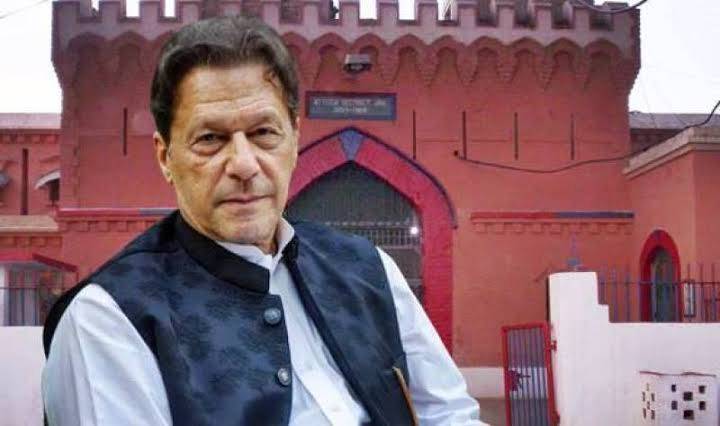Cipher Case: Relief granted to PTI Chairman Imran Khan from IHC
Shares

The Islamabad High Court has decided that the hearing of PTI Chairman Imran Khan's bail plea in the cipher case will be held in an open court. However, when discussing "sensitive information," the proceedings will be in-camera.
This decision came after the Federal Investigation Agency (FIA) requested in-camera proceedings but was denied. The cipher case involves a missing diplomatic document from Imran's possession, which the PTI claims contained a threat from the United States to remove him from office.
Imran had been on judicial remand in this case after being sentenced to three years in prison in the Toshakhana graft case. On September 26, both PTI leaders' judicial remand was extended, and Imran was moved to Rawalpindi's Adiala jail.
On September 30, the FIA submitted a charge sheet, declaring Imran and Qureshi as principal accused in the cipher case. The FIA had expressed concerns about an open hearing affecting international relations. The Ministry of Law and Justice issued a notification for the jail trial in response to a request from the Special Court.
However, the PTI rejected this and insisted on an open court trial. Today, the IHC Chief Justice ruled that Imran's bail plea would be heard in an open court but would become in-camera when sensitive information or documents are involved.
PTI lawyer Barrister Salman Safdar criticized the in-camera trial as unconstitutional and demanded transparency and an open hearing, citing Article 10A of the Constitution. The hearing at Adiala jail was adjourned until October 9 due to pending matters before the Islamabad High Court. Safdar argued against keeping the entire trial behind closed doors and suggested limited in-camera proceedings only when deemed necessary by the judge.
Imran Khan reportedly barred his lawyer from making any deals during their brief meeting, mentioning Donald Lu's name. Imran's legal team also requested a pause in the trial proceedings pending a verdict on the notification allowing the special court to be moved to the jail.
